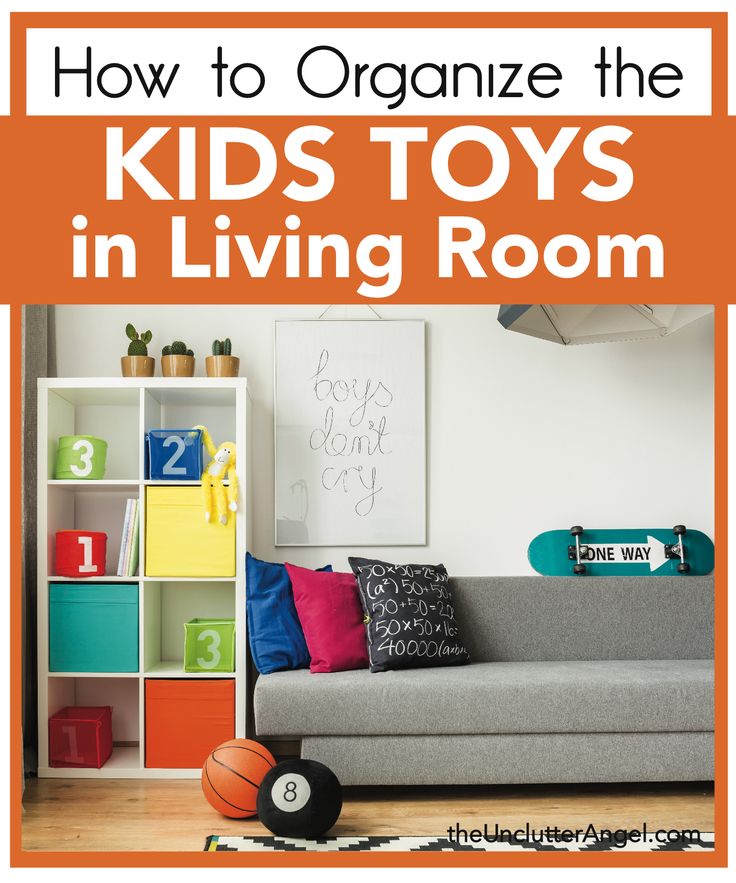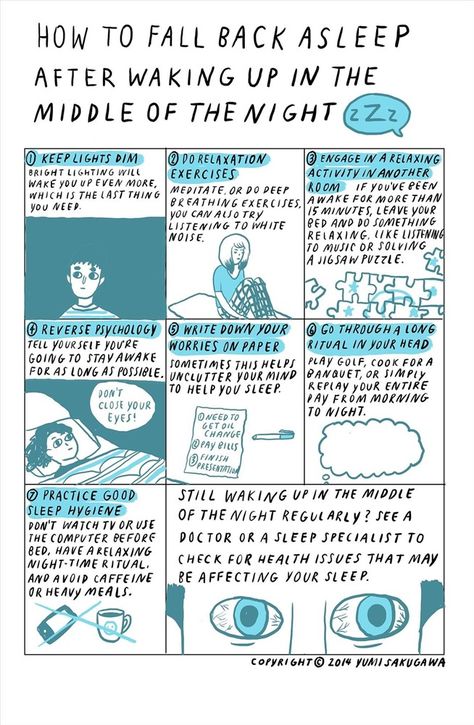How to organize your child
Organizing Tips | 10 Ideas to Help Get Your Child Organized
Getting organized can make life easier for kids with learning and thinking differences. It might take some effort in the beginning, but it’s worth it in the long run. Here are tips to help kids improve organization skills at home, at school, and beyond.
1. Break tasks into chunks.
Help kids break school projects or household chores into smaller, more manageable steps. This will show them that each project has a beginning, middle, and end, which can make projects feel less overwhelming. For example, if your child’s nightly chore is to clear the table, explain: First, scrape any food scraps into the garbage. Then load the dishes into the dishwasher. Then wipe the counters.
2. Make checklists and to-do lists.
Once kids know all the steps involved with a particular task, help them add it to an overall to-do list. Include regular homework and chores on the list. Encourage kids to keep the list in a place where they’ll see it often and can check off accomplishments as they go. Some kids might create their list using a smartphone app. Others may write it on a dry-erase board in their bedroom or print out a list to carry around throughout the day.
3. Teach calendar and time management skills.
Encourage kids to write down important tasks on a calendar (digital or paper). Then help them estimate how much time each task will take. After they complete a task, ask whether the time estimate was accurate or not. If needed, suggest adjustments for next time. It may also help to have kids write the due date directly on school assignments.
4. Establish daily routines.
Creating a regular schedule can help kids learn what to expect throughout the day. Use picture schedules, clocks, and other time management strategies.
5. Introduce idea organizers.
Show kids how to use outlines, graphic organizers, or concept webs to organize ideas for school projects. Encourage them to take class notes in two columns, using a narrow column on the left for main ideas or questions and a wide column on the right for all the details.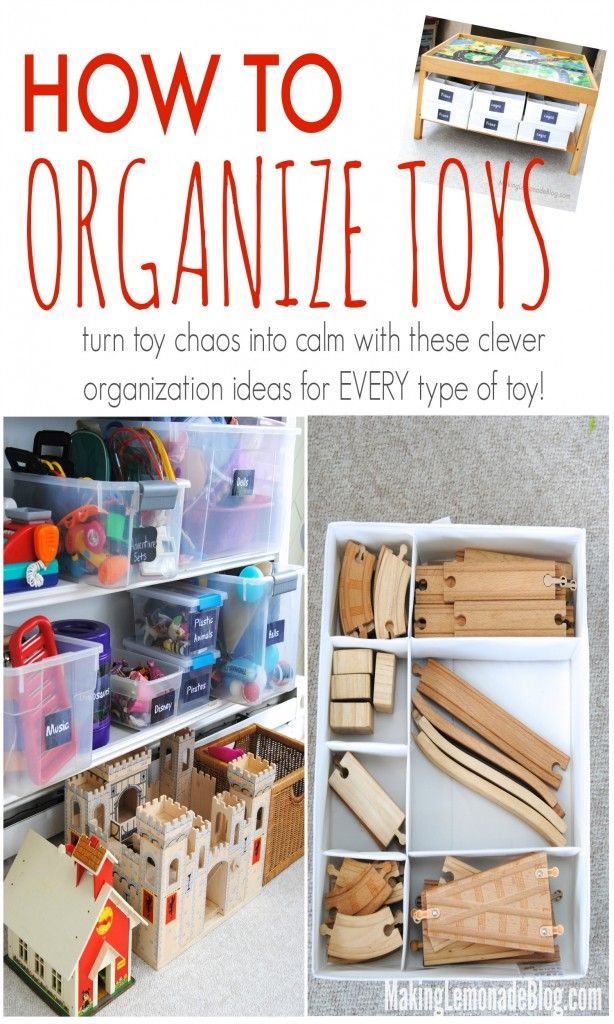 Later, when they’re studying for a test, they can look at what’s in the narrow column to review the big ideas and see if they can remember the details.
Later, when they’re studying for a test, they can look at what’s in the narrow column to review the big ideas and see if they can remember the details.
6. Use color-coding.
Assign colors to each school subject. For example, green folders and notebooks may be for English and blue for math. Use brightly colored pocket folders for items that need to be signed and returned. Suggest using pens of different colors to help kids shift from the role of writer to the role of self-checker and editor.
7. Create fun memory aids.
Show kids how to create their own silly sentences, songs, acronyms, or cartoons to remember information. (One popular mnemonic, “Never Eat Soggy Waffles,” helps kids remember north, east, south, and west.) They can use these memory aids for anything from preparing for an exam to recalling a locker combination.
8. Create an organized work space.
Set aside spaces at home where each child can work without interruption.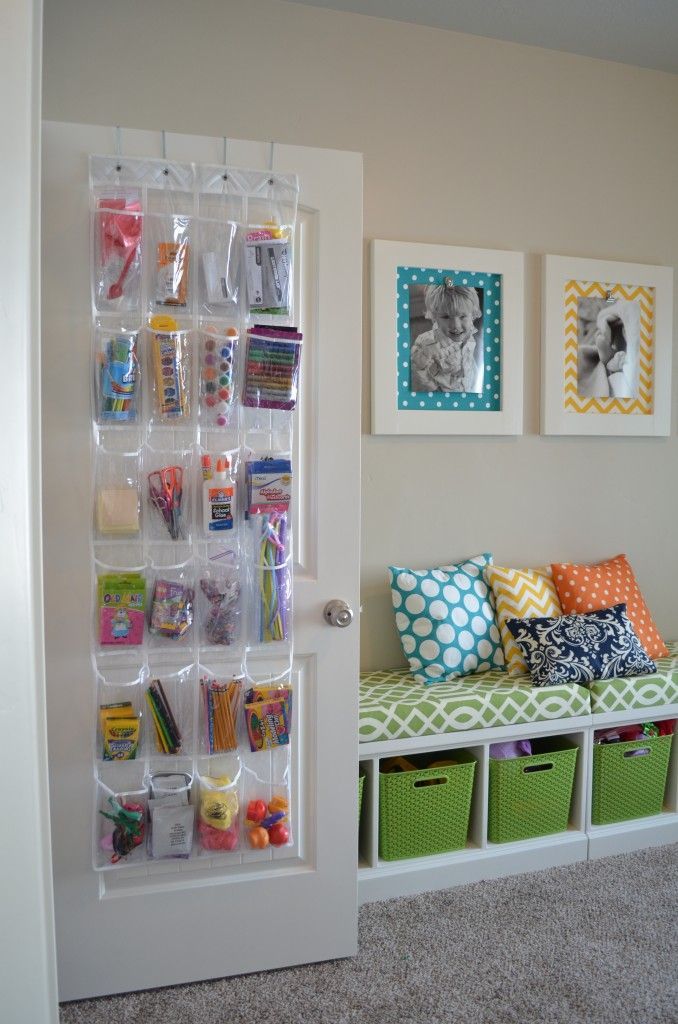 It might work best if this is somewhere near you for times when they need your assistance. Keep school supplies and technology such as calculators, tablets, or laptops nearby.
It might work best if this is somewhere near you for times when they need your assistance. Keep school supplies and technology such as calculators, tablets, or laptops nearby.
9. Do regular backpack audits.
Your child’s backpack is a crucial link between home and school, so it’s important to keep it neat. Schedule a time each week for kids to clean out and organize the backpack.
10. Help kids think ahead.
Before bedtime, sit down together to review plans for the next day. This can make kids feel more secure. Together you can plan how to handle things if a change comes up in the schedule.
Related topics
Staying organized
Strategies and tips
How To Organize Your Life (With Kids!) In 12 Simple Steps
1.1K shares
- Facebook8
Want the secrets to staying organized as a busy mom? These 11 actionable steps will help you declutter, organize and destress your home and family life.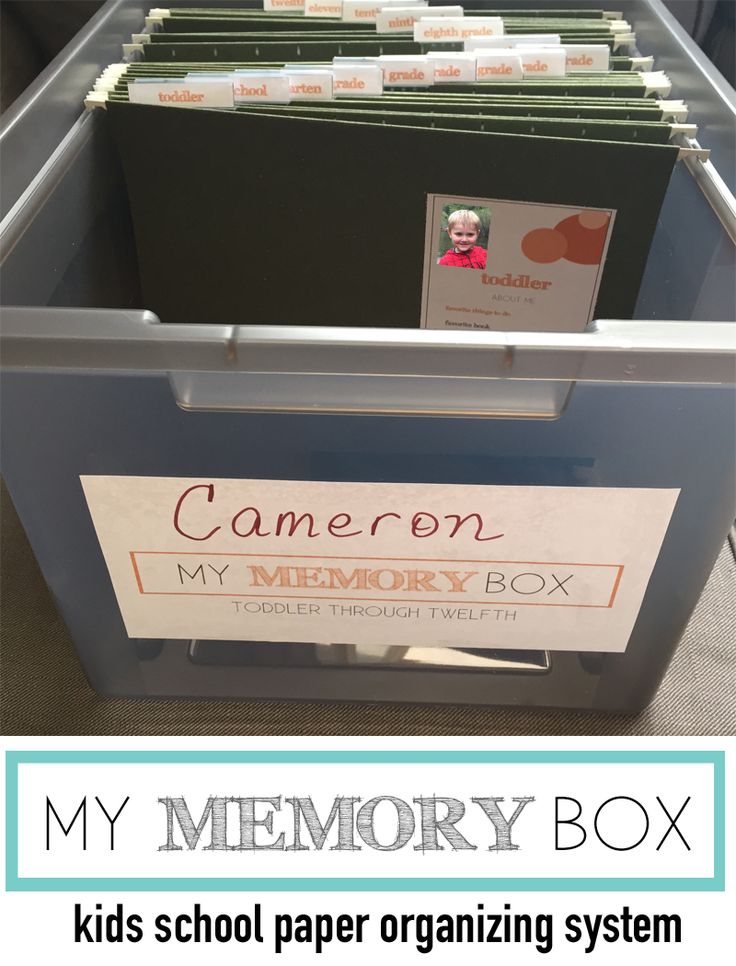
OK, admit it. You read that headline and immediately thought, “an organized life with kids? Ha, good one!”. While we don’t disagree that staying organized as you juggle your family life – full of laundry, cooking, activities, carpooling, and good ol’ tantrums – sounds like a pretty daunting task, we’re here to be your cheerleader and tell you: “it can be done!”.
With the help of our sponsor, Pampers Pure, we’ve outlined 11 actionable steps to help you refresh and organize your home for the New Year (and keep it that way!).
We know your life is busy, but we promise that dedicating your time to put these ideas into practice can reap huge rewards: you’ll feel less overwhelmed, less stressed, and more in control of your everyday life – ultimately giving you more focused, free time to enjoy with your family.
Now we’re not naïve enough to say that these steps will transform your house into a perfectly organized Pinterest-worthy abode – there will still be toys on the floor and messes on the counter – but they will help you put systems in place to keep your home feeling clean and organized. Cue breath of fresh air.
Cue breath of fresh air.
PIN for when you’re ready to start fresh!
#1. Purge, Donate & SortFirst things first, you have to start with a clean slate. That means it’s time to systematically go through your house, and purge or donate the items you don’t use. Easier said than done, right?
The hardest part: getting started.
The thought of going through all your belongings can be completely overwhelming – but the relief you will feel when you’re done will be well worth the effort, and it will give you the space to properly organize.
The key to getting started is to break down the task into more manageable chunks. Make a list of all the different areas of your house that need to be addressed, so you can tackle them one by one. And get specific. This means instead of just putting “bedroom” on your list, you put specific places like the closet, bedside table, and dresser, as well.
Start with one of these smaller areas and you’ll find it’s easy to get hooked…it just feels so good to start fresh! Decide how much time you can dedicate every day, whether it’s 15 minutes, or a few hours, and make your way through your list.
As you work, look at each item and decide if you’ll:
- Donate/Recycle – group these items together and take them to your local donation center
- Save – for things like outgrown children’s clothes you’re keeping for a sibling, sort and label them in large bins and then store them away
- Throw Away
- Keep – read on for tips on how to organize these keeper items
A good rule of thumb when deciding what things to keep: if you haven’t used it in the past year, it’s time to use the space it’s taking up for something you will. So donate or toss it. If you really aren’t sure, you can make a “Maybe” box and place things inside that you’re on the fence about keeping. Store this box away and revisit it in a year (you can put a sticky note on top of the box with the year-from-now date, or better yet – set a reminder on your phone) – if you still haven’t used it, it’s got to go!
This step will take the most time, but it’s so important, because getting rid of your clutter will free up valuable space for you to organize.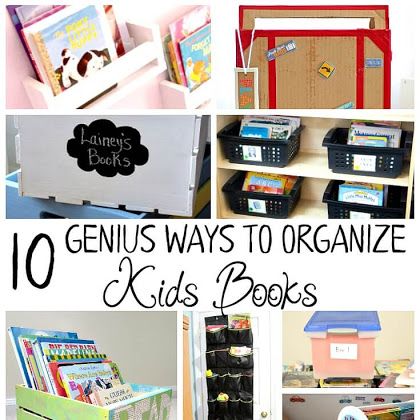
Now that you’ve decluttered, it’s time to stock up! Nothing makes you feel more disorganized than not having essentials on hand when you need them – and the right ones that you feel good about using with your family.
Take a Target run and stock-up on all your essentials for your family, which may include:
- Household Items: Paper Towels, Toilet Paper, Tissues, Batteries, Cleaning Supplies
- Office Supplies: Printer Paper, Printer Ink, Envelopes, Pens/Pencils, Stamps, Greeting Cards
- Bathroom Supplies/Toiletries: Shampoo, Conditioner, Hair Products, Toothpaste, Electric Toothbrush heads, Floss, Hand Soap, Body Wash, Moisturizer, Sunscreen, Razors, Shaving Cream
- Non-perishable food items like Cereal, Snacks, + your favorite freezer foods.
- Baby/Kid Items: Diapers/Wipes, Medicine, Bandaids, Art Supplies, Hair Bands/Clips
There’s never a good time to run out of diapers, so if you have young kids, having a few boxes of diapers and wipes in stock will ensure that you’ll never be caught unprepared.
We also recommend grabbing a package of diapers in the next size up so you’re ready for their next growth spurt.
Target now sells our favorite Pampers Pure diapers and wipes that are made from premium cotton and are free of fragrance, chlorine bleaching, lotion, parabens, and natural rubber latex. We’ve tried a lot of natural/organic diapers that have let us down in the past, but with the thoughtfully selected materials of Pampers Pure, plus their trusted leakage and dryness protection, you don’t have to compromise.
Same goes for the Pampers Aqua Pure wipes which are 99% pure water with a touch of cotton. We love their size (you don’t need to use multiple to get the job done!), softness, and how they have a little stretch to get in all those nooks and crannies. They’re hypoallergenic and safe for use on newborn hands and faces too. Anything that can be used for multiple purposes is a win in our book!
#3 Create a Home for EverythingAs you de-clutter your home, put your “keep” items back in logical places based on what they are, and how often they are used.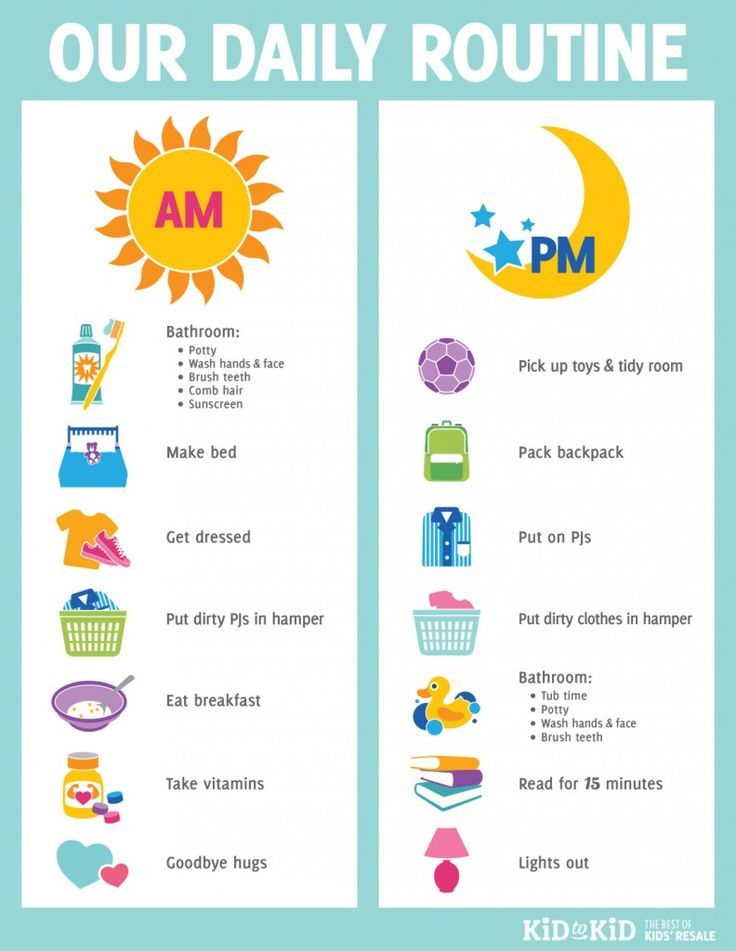 Resist the urge to just stick them back in the same old junk drawer!
Resist the urge to just stick them back in the same old junk drawer!
Group similar items together and make a designated space for them. Order storage bins to help you organize – having individual bins for things like batteries, nail polish, sewing/repair kits, shoe cleaning supplies, etc. will instantly give them a “home” so they’re easily accessible when you need them.
Think about how often you use the item – is it something you use every day that needs an easy-to-access home, or something you don’t use often that can be stored out of sight?
For parents, the Playroom is often an area of disorganized chaos. No matter how organized you make it, toys will end up everywhere…and it won’t take long! But let your kids play. If you have individual, labeled storage bins for similar-type toys, like LEGOS, blocks, musical instruments and dolls for instance, it can make a world of difference when it’s time to clean-up…for both you, and your kids!
#4 Put it away. Right away.Make sure you loop in everyone in your family about any new “homes” you create for things that they might also use.
There’s no point re-organizing if things aren’t put back in the right spot, and this will get everyone on the same page. Teach your kids where their toys should live, and how to sort them while they’re cleaning up. Editor’s note: I keep a catch-all bucket in our playroom so while the kids are cleaning up, if they’re unsure where a toy goes, they’ll put it in the bucket which I will then sort through every few days.
Now you’ve worked so hard to give everything a home, you just have to keep it that way. It may seem like common sense, but an extremely simple way to keep things organized is to put items away in their designated place immediately after using them. It can be as simple as brushing your hair and then placing your hairbrush back with your other hair accessories, or putting your hat and gloves back into your “cold weather” bin in your mudroom. The more little things you can do throughout the day, the less likely you are to create clutter in the first place.
Teach your kids to do the same and you’ll really be in good shape! A few things they can do to help:
- Hang up their coat
- Put shoes away neatly
- Put dirty clothes in hamper (bonus if you can teach them to turn their clothes around so they’re not inside out…huge time saver when it comes to folding laundry!)
- Take lunchboxes out of backpacks and put away
- Place toothbrush/toothpaste back in designated area in bathroom
- Hang up towels/robes
- Put back toys once finished playing
- Pack up all board game or puzzle pieces and put back on shelf
- Clear plate and put in dishwasher
But not to worry, we get it, you’re a busy Mom being pulled in a hundred different directions, and sometimes doing #4 just isn’t possible. Which is why we suggest scheduling time to re-organize and re-declutter into your calendar.
Make a standing time each week (or bi-weekly, monthly; whatever is right for you) to put things that are out of place, back in the right spot – or to neaten things they you may not have had a chance to put away properly the first time.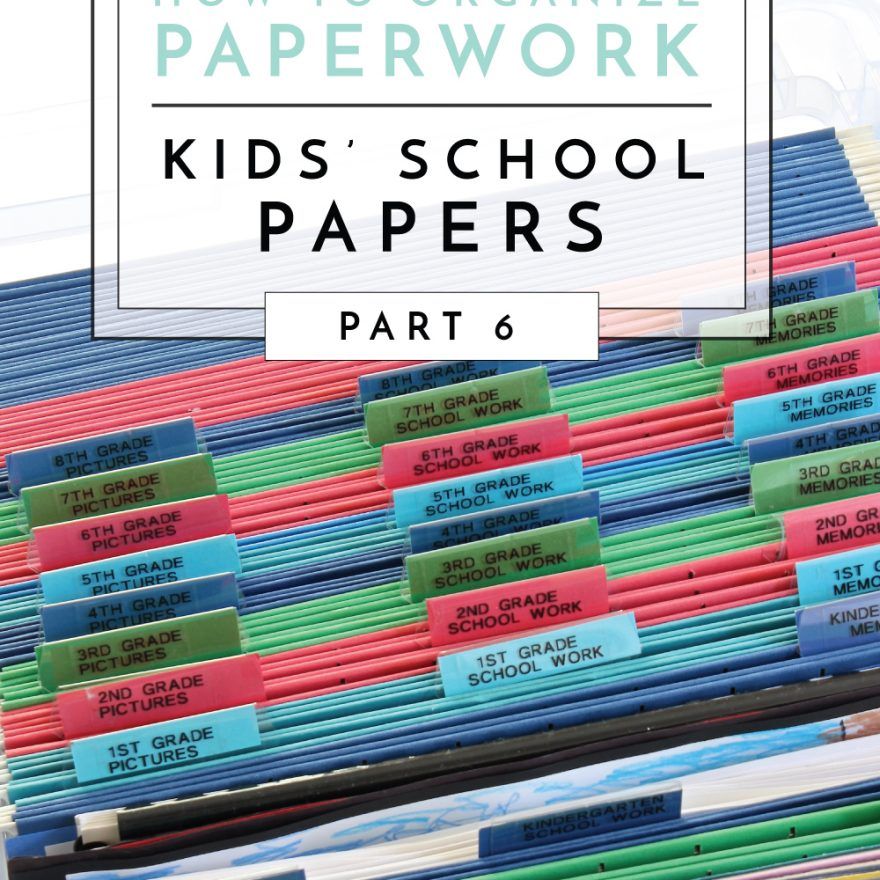 Make it a family affair where everyone pitches in to get the job done.
Make it a family affair where everyone pitches in to get the job done.
Don’t put all your organizing eggs in your own basket…everything is easier with a team, so get your kids and significant other on board to help keep your home spick and span.
A few different ways to do this:
- Assign a specific area of the house for each family member to keep clean and tidy (for kids, this could be their bedrooms, the playroom, etc.)
- Delegate specific tasks on a weekly basis – create a “chore” chart that serves as a visual reminder. You can either keep their chores the same every week, or rotate them to keep them fresh
- Give each child a special “helper” job for a certain period of time (it could just be for a weekend, or for an entire month) – for example, a laundry helper could help round-up dirty laundry and place in the washer, match up socks, put clothes away, etc. A kitchen helper could help wash dishes, unload dishwasher, create snack baggies for grab ‘n’ go lunches, chop veggies, set the table, wipe the table and sweep after dinner, etc.
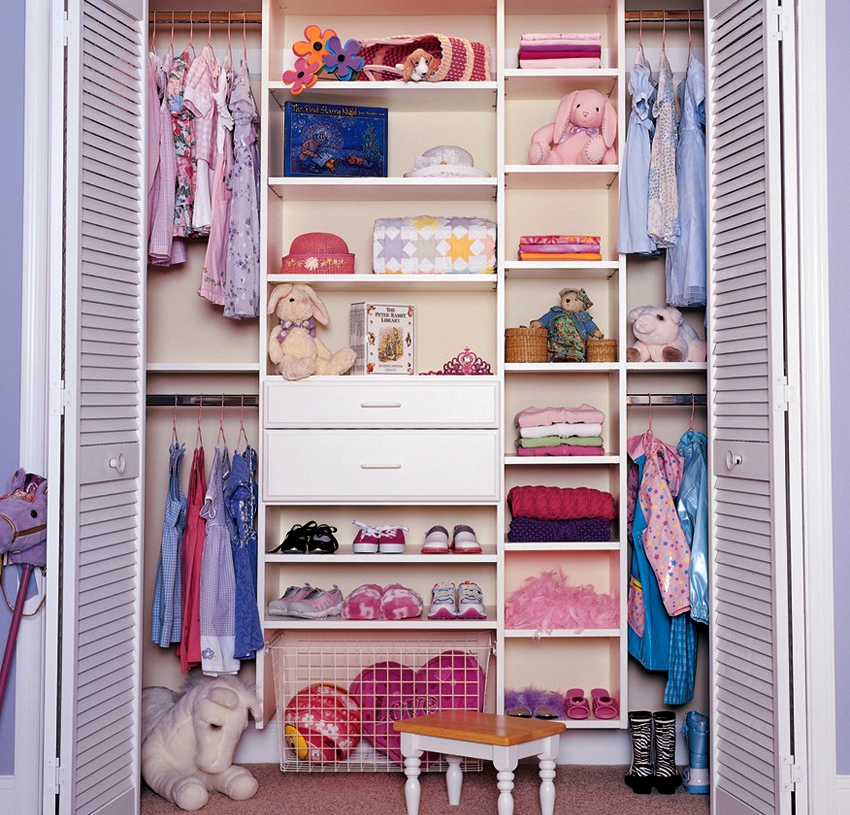
Hopefully your family will soon see that the more they help keep the house tidy, the more time you will ultimately have to spend with them doing things that are much more fun!
#7 Create a Family Command CenterCreating a family calendar in a central place in your home is a game-changer for staying organized and keeping everyone on the same page. Add all of your family’s upcoming activities – from school events and extracurricular activities, to doctor’s appointments, play dates, important meetings and special occasions like anniversaries and birthdays.
We love a simple white board that is easy to adjust as plans change. Assign each family member a different color to make it super simple to figure out who’s doing what each day. Then with a quick glance you can see exactly what the day holds. Add a pin board to hang paperwork that needs to be completed and important reminders.
You can also use a synchronized calendar app, which can be updated by all family members, and is great for avoiding scheduling conflicts and for looking at while out and about.
For most families, mornings are the most chaotic time of the day. Getting yourself ready and out the door in conjunction with your children is no small feat, and one that often involves lots of rushing around, nagging, stressful conversation and everyone feeling frazzled.
But with a little organization and some forward thinking, you can snap out of your morning rut. Head to our post 67 Life Changing Organization Tips & Hacks for Stress-Free Mornings to learn more about creating a winning morning routine, prepping school lunches and snacks, organizing outfit selections and more.
#9 Keep a To-Do/Today ListIs there ever a day where you actually feel like you accomplished everything on your “To Do” list? If you’re anything like us, the answer is likely a big ol’ “no”. With never-ending To Do lists, it can often feel like you’re not making any progress, and that’s often accompanied by feelings of being overwhelmed and unorganized.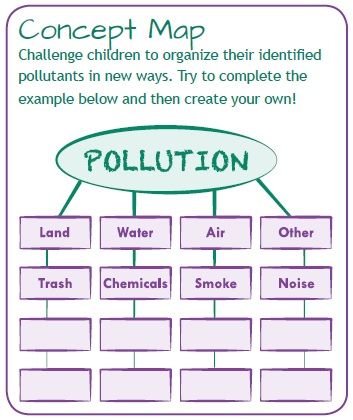
But a simple tweak to your “To Do” list can change everything.
Keep your full “To Do” list, which includes all of the things you have to do, but add an extra column marked “Today”. Then move the specific things that you can/need to accomplish today to the “Today” column. This essentially helps break your list down into more manageable parts, so at the end of the day you can feel like you successfully completed your tasks, instead of working off an endless list.
#10 Meal PlanGetting a home cooked meal on the table for your family takes A LOT of work. Between the searching for recipes (that everyone will like!), grocery shopping, prepping and cook time – repeated every day, it can become a stressful and unwanted “chore”.
The solution: meal planning.
Meal planning is something we once thought was pretty intimidating, but it’s actually a very simple thing to put into action. By spending a little time upfront, it allows you to plan your week of meals so you only have to take 1 trip to the grocery store – and when you know “what’s for dinner?” every day, you’ll feel more in control and significantly less stressed
Think of it as 4 separate steps:
- Choose your meals/recipes for the week
- Make a shopping list + shop
- Prep
- Cook!
Some helpful tips:
- Look at your calendar (hello #7 above!) and see how many nights you will be making dinner at home.
 For the nights that you are cooking, consider your schedule and work it into your plan. For instance, does your son have a late soccer game? Then a slow-cooker recipe that can be ready as soon as you get home might be best. Maybe you have to fit in a quick dinner in between dance and swimming, so heating up a casserole would be easy. No afternoon plans? Perhaps it’s time to try a new recipe. By working around your plans you’ll end up less stressed, more prepared and with healthier meals.
For the nights that you are cooking, consider your schedule and work it into your plan. For instance, does your son have a late soccer game? Then a slow-cooker recipe that can be ready as soon as you get home might be best. Maybe you have to fit in a quick dinner in between dance and swimming, so heating up a casserole would be easy. No afternoon plans? Perhaps it’s time to try a new recipe. By working around your plans you’ll end up less stressed, more prepared and with healthier meals. - Plan around theme nights – assign a theme to each day of the week and plan around it. Things like Taco Tuesday, Casserole Wednesday or Seafood Friday not only make your job of choosing recipes more focused, but make it fun for kids as well.
- A lot of people think meal planning involves finding and cooking new recipes. You don’t need to! Sure you can aim to try something new every week or two, but there’s nothing wrong with sticking with your family’s favorites (they’re favorites for a reason, right?).
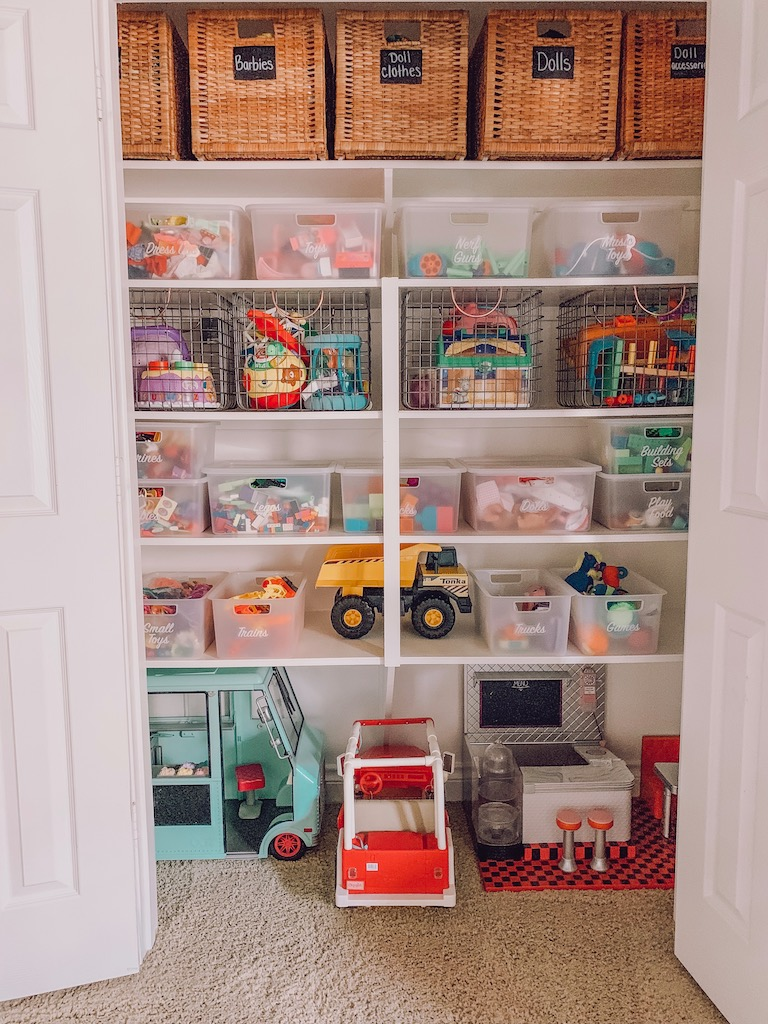
- Prep food after you grocery shop – doing some simple prep as you put away your weekly groceries can save you tons of time during the week. Wash your fruit and veggies; chop veggies into smaller pieces ready to cook; prep any marinades/dressing, etc.
- Make extra for leftovers – consider doubling your recipes so you have leftovers for lunches, or to freeze for a future night-off of cooking!
- Keep a well-stock pantry (see #2) – meals are much easier to prepare if you have all the essentials like olive oil and spices on hand.
Organizing your life doesn’t just mean getting your house into tip-top shape. Apply the declutter and organizing steps above to other places where you spend time like your office space or your car, and to items like your wallet.
Create a schedule for going through these areas/items on a regular weekly or monthly basis.
#12 Cut Yourself Some SlackRemember, there is no way to possibly keep your home organized 24/7. You’re busy. Life is hectic. Things come up. Don’t beat yourself up if things don’t look perfectly placed all the time…because they won’t!
You’re busy. Life is hectic. Things come up. Don’t beat yourself up if things don’t look perfectly placed all the time…because they won’t!
Have realistic expectations about what is possible. Still use your stuff. Let your kids make a mess.
If you use the tips and systems we outlined above, you’ll feel a huge weight lifted from your shoulders. It will take you less time to clean your house. You’ll have a daily plan to follow and you’ll never run out of your favorite essentials. And most importantly, you’ll ultimately have more time to spend with those that matter most: your family.
Tell us some ways you and your family stay organized in the comments below.
Thanks again to our sponsor, Pampers, for making the Pampers Pure collection of diapers and wipes that are made with thoughtful materials but don’t sacrifice performance. We feel good using them on our children…and stock piling them to make sure we never run out!
1. 1K shares
1K shares
- Facebook8
All according to plan. How to teach a child to organize their time | Child health | Health
Dariya Zhmurova
Estimated reading time: 5 minutes
6718
AiF Health No. 8. Training after hibernation 25/02/2016Shutterstock.com
A situation familiar to everyone: since the morning you have been running around the house, gathering yourself (and at the same time your husband) to work and the children to kindergarten or school. The elder does not remember where he put the sports uniform, the younger again scattered the toys and refuses to put them away ...
When will the children start helping you? Why doesn't it occur to them to do something themselves?
Do not expect this desire to come to them by itself.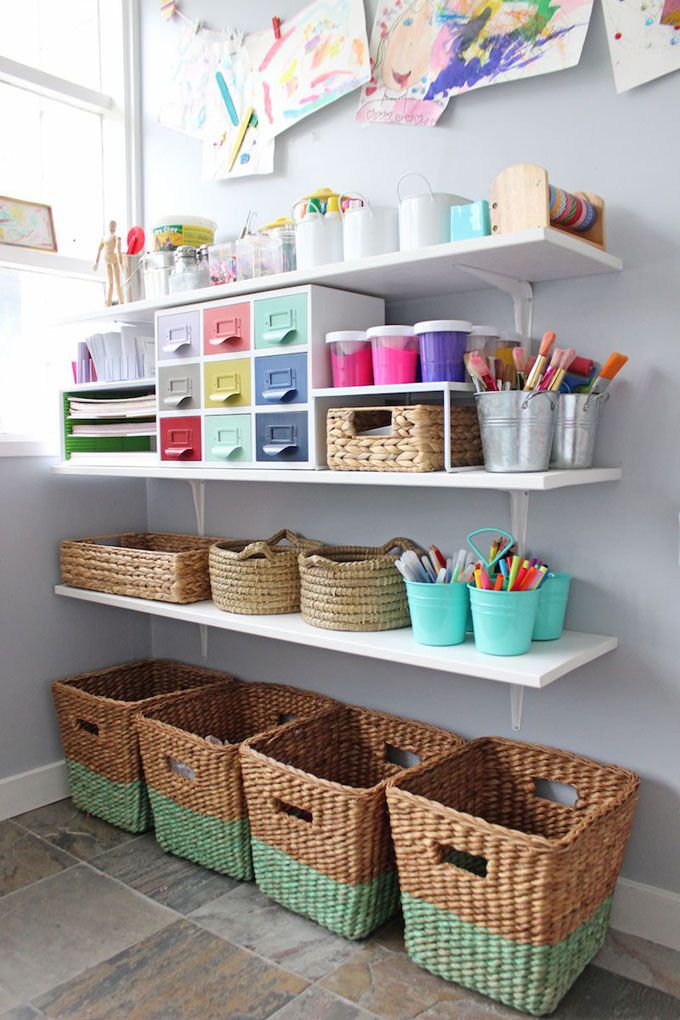 It is necessary to educate responsibility and organization in your offspring from an early age.
It is necessary to educate responsibility and organization in your offspring from an early age.
List No. 1. Important things
Every family has a list of things to do. Decide which of these things the child can do, depending on his age, gender and capabilities. For example, the list might look like this:
Buy groceries - Dad.
Prepare dinner - mom.
Wash dishes - daughter.
Walk the dog - son.
You can make a general to-do list and put a checkmark in front of each item - completion. Or you can make plans for the week with an indication of the day the task is completed and the distribution of responsibilities.
Lists can be made for more than just housekeeping. Try to write together a shopping list in the store, gifts for relatives, a vacation plan ... Such a system not only helps organize time and teaches you to plan, but also unites the family, makes it united and strong. And plays an important role in the next paragraph ...
List No.
 2. Family values
2. Family values Each family is a small state with its own commandments, laws, values and orders. When children understand that they also belong to a certain “state”, this gives them a sense of security. Such children quickly adapt in society, feel calmer in conflict situations.
Make a list of your family's values with the children. What is important to you? Do not offend the younger? Help neighbors? Strive for new knowledge? Write the most important points, make the list nice and hang it in a prominent place. Children should definitely take part in writing the "laws of your small state"! nine0005
List #3. Our Results
Teach the children to take stock of everything they did and planned. This will develop in them the ability to analyze actions (instead of complaining about life), to look for effective solutions (instead of blaming other people for their failures), to think together.
Make it a rule to get together weekly and discuss: what did you do in the past days? Did everything go according to plan? Why were some items left unfulfilled? nine0005
Have the children actively engage in conversation and share their thoughts about why something went wrong.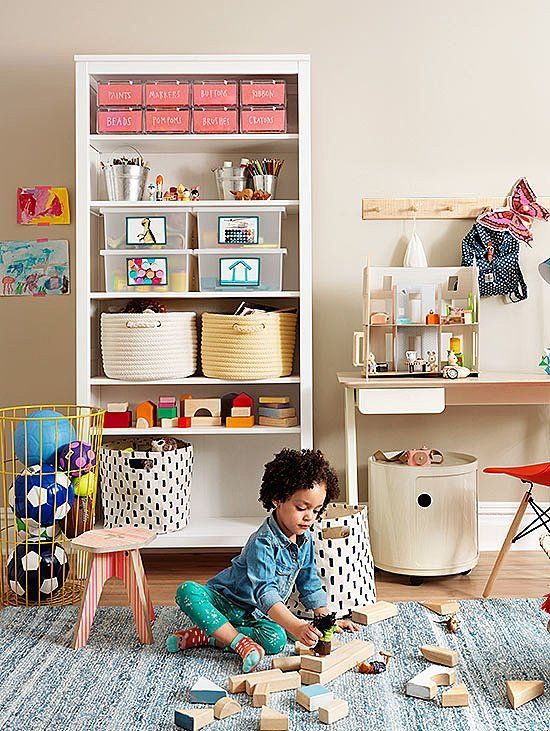 What needs to be fixed to get things done in the future? How to solve problems and what do they need help with? You may be very surprised when you listen to the child. But in no case do not interrupt him, do not humiliate him, do not impose your opinion. Failure analysis requires maximum trust and openness. No pressure!
What needs to be fixed to get things done in the future? How to solve problems and what do they need help with? You may be very surprised when you listen to the child. But in no case do not interrupt him, do not humiliate him, do not impose your opinion. Failure analysis requires maximum trust and openness. No pressure!
Summing up, thank the children for their active participation, excellent work and be sure to say how great they are and that you are a real family! nine0005
Practical advice
The sooner you introduce a list system in your family, the sooner the children learn to plan things.
Hang lists in a prominent place to remind children of their responsibilities.
Don't be discouraged if your plan doesn't work for the first 2 weeks - that's okay. Moreover, at first the idea may cause rejection. But over time, you will see that children like to complete tasks, to see that a lot depends on them and that they, as adults, are connected to important intra-family processes. nine0005
If you have two children, doing the to-do lists can be turned into a game of chance: whoever gets the most points for the most completed tasks will get a prize at the end of the week!
Be an example for your children. The more clearly you begin to do things according to the lists yourself, the faster your kids will catch up. After all, what their parents do is right for them.
Ekaterina Odintsova:
– My daughter, when she was in the fifth grade, got herself a huge number of different circles. In the end, nothing worked. We wrote a schedule for the week. And then she realized that if she attends all the circles that she wants, she will have 40 minutes of free time a day. So she crossed out what was not a priority. nine0005
See also:
- How to find a good babysitter. Ask for a medical certificate and evaluate the appearance →
- "Why am I not enough for everyone?" 5 Rules for a Successful Mom →
- Little patient.
 How to support a child in a hospital →
How to support a child in a hospital →
parenting
Next article
The most interesting in social networks
Media news2
How to teach a child to organize himself and his affairs
Working together is a very important topic. First, let's talk about the difficulties and conflicts of interaction and how to avoid them. Let's start with a typical problem that confuses adults: the child has completely mastered many obligatory tasks, it costs him nothing to collect scattered toys in a box, make a bed or put textbooks in a briefcase from the evening. But he stubbornly does not do all this!
“How to be in such cases? the parents ask. “Do it again with him?” nine0065
Maybe not, maybe yes. It all depends on the "reasons" for your child's "disobedience".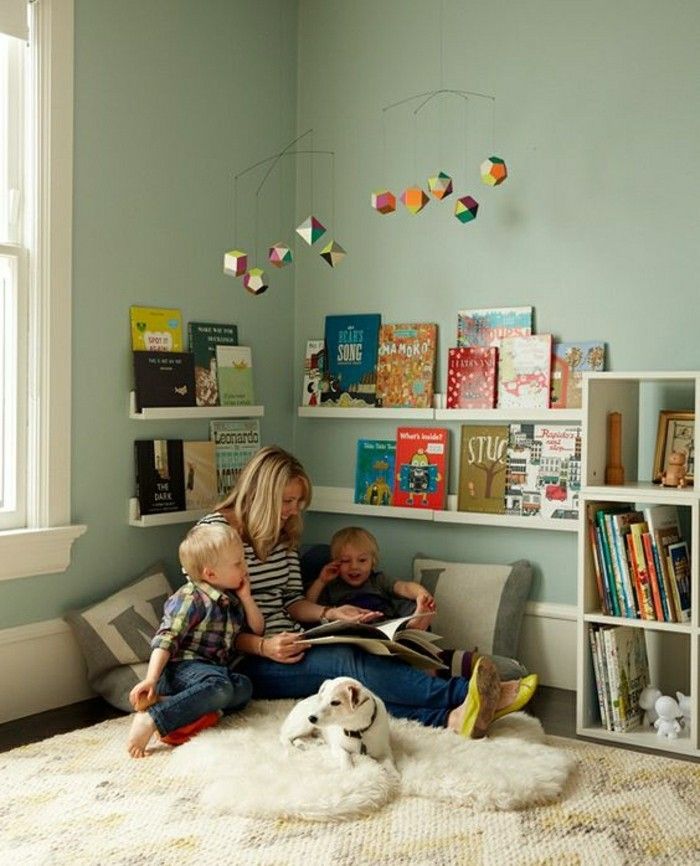 You may not have gone all the way with him yet. After all, it seems to you that it is easy for him alone to put all the toys in their places. Probably, if he asks "let's get together", then this is not in vain : perhaps it is still difficult for him to organize himself, or maybe he just needs your participation, moral support.
You may not have gone all the way with him yet. After all, it seems to you that it is easy for him alone to put all the toys in their places. Probably, if he asks "let's get together", then this is not in vain : perhaps it is still difficult for him to organize himself, or maybe he just needs your participation, moral support.
Recall: and when learning to ride a two-wheeled bicycle, there is such a phase when you no longer support the saddle with your hand, but still run alongside. And it gives strength to your child! Let us note how wisely our language reflected this psychological moment: participation in the meaning of “moral support” is conveyed by the same word as participation in the case.
But more often the root of negative persistence and refusal lies in negative experiences. This may be the problem of the child himself, but more often it occurs between you and the child, in your relationship with him. nine0005
nine0005
One teenage girl once confessed in a conversation with a psychologist:
“ I would have been cleaning and washing dishes for a long time, but then they (parents) would think that they defeated me ”.
If your relationship with your child has already deteriorated a long time ago, you should not think that it is enough to apply some method - and everything will go smoothly in an instant. "Methods", of course, must be applied. But without a friendly, warm tone, they will not give anything. Such a tone is the most important condition for success , and if your participation in the child's activities does not help, moreover, if he refuses your help, stop and listen to how you communicate with him.
“ I really want to teach my daughter to play the piano,” says the mother of an eight-year-old girl. I bought an instrument, hired a teacher. I myself once studied, but quit, now I regret it. I think at least my daughter will play. I sit with her at the instrument for two hours every day. But the further, the worse! At first, you can’t put her to work, and then whims and discontent begin. I told her one thing - she told me another, word for word. She ends up saying to me: “Go away, it’s better without you!”. But I know, as soon as I move away, everything goes topsy-turvy with her: she doesn’t hold her hand like that, and plays with the wrong fingers, and in general everything ends quickly: “I’ve already worked out ".
I sit with her at the instrument for two hours every day. But the further, the worse! At first, you can’t put her to work, and then whims and discontent begin. I told her one thing - she told me another, word for word. She ends up saying to me: “Go away, it’s better without you!”. But I know, as soon as I move away, everything goes topsy-turvy with her: she doesn’t hold her hand like that, and plays with the wrong fingers, and in general everything ends quickly: “I’ve already worked out ".
Mom's concerns and best intentions are understandable. Moreover, she tries to behave "competently", that is, she helps her daughter in a difficult task. But she missed the main condition, without which any help to the child turns into its opposite: this main condition is a friendly tone of communication.
Imagine the following situation: a friend comes to your place to do something together, for example, to fix the TV. He sits down and tells you: “So, get the description, now take a screwdriver and remove the back wall. How do you unscrew a screw? Don't press like that! ”... I think we can not continue. Such a "joint activity" is described with humor by the English writer J.K. Jerome:
How do you unscrew a screw? Don't press like that! ”... I think we can not continue. Such a "joint activity" is described with humor by the English writer J.K. Jerome:
“I,” writes the author in the first person, “cannot sit still and watch someone work. I would like to take part in his work. I usually get up, start pacing the room with my hands in my pockets, and tell them what to do. Such is my active nature.
"Guidelines" are probably needed somewhere, but not in joint activities with the child. As soon as they appear, work together stops. After all, together means equals. Do not take a position over the child; children are very sensitive to it s, and all the living forces of their souls rise up against her. It is then that they begin to resist the "necessary", disagree with the "obvious", dispute the "indisputable" .
Maintaining a position on an equal footing is not so easy: sometimes a lot of psychological and worldly ingenuity is required. I will give as an example the experience of one mother:
I will give as an example the experience of one mother:
Petya grew up as a frail, unsportsmanlike boy. Parents persuaded him to do exercises, bought a horizontal bar, strengthened it in the span of the door. Dad showed me how to pull up. But nothing helped - the boy still had no interest in sports. Then mom challenged Petya to a competition. A piece of paper with columns was hung on the wall: "Mom", "Petya".
Every day, participants noted in their line how many times they pulled themselves up, sat down, raised their legs in a “corner”. It was not necessary to do many exercises in a row, and, as it turned out, neither mom nor Petya could do this. Petya began to vigilantly ensure that his mother did not overtake him. True, she also had to work hard to keep up with her son. nine0064 The competition lasted two months. As a result, the painful problem of physical education tests was successfully resolved.
Let me tell you about a very valuable method that helps to save the child and ourselves from "guidelines" . This method is associated with another discovery by L. S. Vygotsky and has been confirmed many times by scientific and practical research.
Vygotsky found that a child learns to organize himself and his affairs more easily and quickly if, at a certain stage, he is helped by some external means . These can be reminder pictures, a to-do list, notes, diagrams, or written instructions.
Note that such means are no longer the words of an adult, they are their replacement. The child can use them on his own, and then he is halfway to doing it himself.
I will give an example of how in one family it was possible to cancel, or rather transfer to the child himself, the "guiding functions" of the parents with the help of such an external means. nine0065
Andrey is already six years old.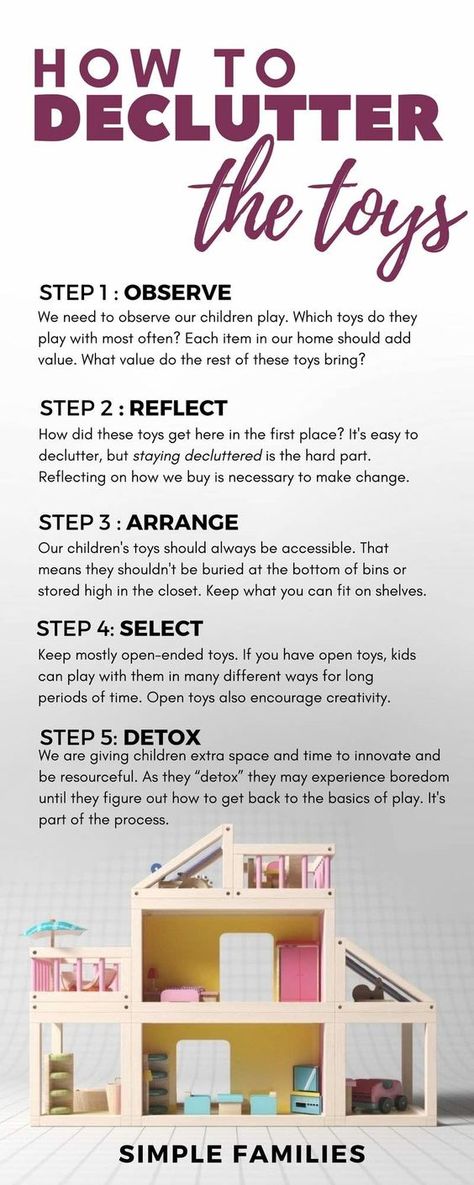 At the fair request of his parents, he must dress himself when he goes out for a walk. It's winter outside, and you need to put on a lot of different things. The boy "slips" : then he will put on only socks and sit in prostration, not knowing what to do next; then, putting on a fur coat and a hat, he is preparing to go out into the street in slippers. Parents attribute all the laziness and inattention of the child, reproach, urge him.
At the fair request of his parents, he must dress himself when he goes out for a walk. It's winter outside, and you need to put on a lot of different things. The boy "slips" : then he will put on only socks and sit in prostration, not knowing what to do next; then, putting on a fur coat and a hat, he is preparing to go out into the street in slippers. Parents attribute all the laziness and inattention of the child, reproach, urge him.
In general, conflicts continue from day to day . However, after consulting with a psychologist, everything changes. Parents make a list of things that the child should wear. The list turned out to be quite long: nine points! The child already knows how to read in syllables, but all the same, next to each name of the thing, the parents, together with the boy, draw the corresponding picture. This illustrated list is hung on the wall.
Calm sets in in the family, conflicts end, and the child is extremely busy. nine0065 What is he doing now? He runs his finger over the list, finds the right thing, runs to put it on, runs to the list again, finds the next thing, and so on.
It is easy to guess what happened soon: the boy memorized this list and began to get ready to walk as quickly and independently as his parents did to work. It is remarkable that all this happened without any nervous tension - both for the son and his parents.
External funds
(parents' stories and experiences)
The mother of two preschoolers (4 and 5.5 years old) learned about the benefits of an external agent and decided to try this method. Together with the children, she made a list of must-have morning things in pictures. The pictures were hung in the children's room, in the bath, in the kitchen. Changes in children's behavior exceeded all expectations. Before that, the morning passed in constant reminders of the mother: “Make up the beds”, “Go wash”, “Time to go to the table”, “Clean up the dishes” . .. Now the children raced to complete each item on the list. nine0064 This "game" lasted for about two months, after which the Children themselves began to draw pictures for other things.
.. Now the children raced to complete each item on the list. nine0064 This "game" lasted for about two months, after which the Children themselves began to draw pictures for other things.
Another example: “I had to go on a business trip for two weeks, and only my sixteen-year-old son Misha remained at home. In addition to other worries, I was worried about flowers: they had to be carefully watered, which Misha was not at all used to doing; we already had a sad experience when the flowers withered. A happy thought occurred to me: I wrapped the pots with sheets of white paper and wrote on them in large letters: “Mishenka, water me, please. Thanks!". nine0064 "The result was excellent: Misha established a very good relationship with the flowers."
In the family of our friends in the hallway hung a special board on which each member of the family (mother, father and two schoolchildren) could pin any message. There were reminders and requests, just short information, dissatisfaction with someone or something, gratitude for something.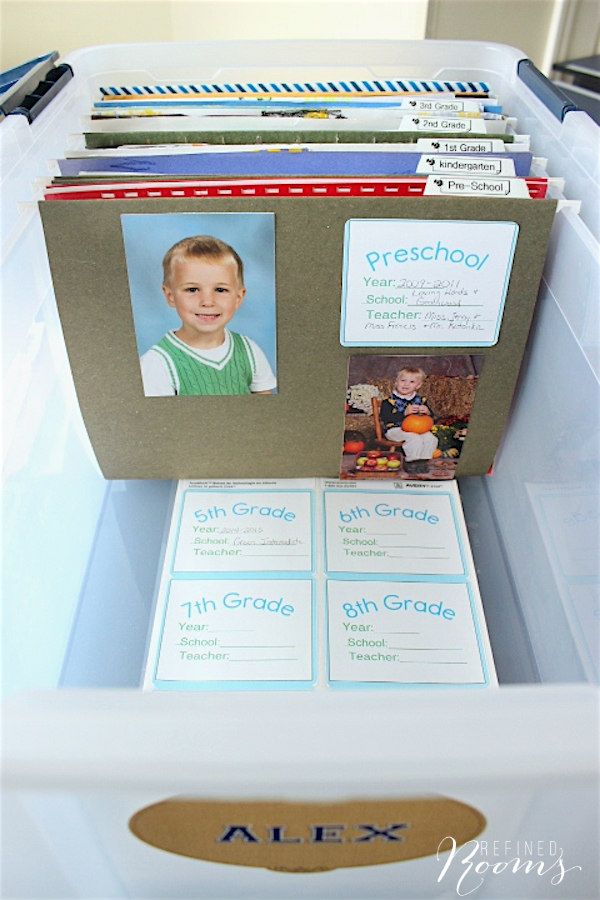 This board was truly the center of communication in the family and even a means of resolving difficulties.
This board was truly the center of communication in the family and even a means of resolving difficulties.
Consider the following very common cause of conflict when trying to cooperate with a child. nine0065 It happens that a parent is ready to teach or help as much as he wants and follows his tone - he doesn't get angry, he doesn't order, he doesn't criticize, but things don't go well. This happens to overprotective parents who want more for their children than the children themselves.
I remember one episode. It was in the Caucasus, in winter, during school holidays. Adults and children skied on the ski slope. And in the middle of the mountain stood a small group: mom, dad and their ten-year-old daughter. Daughter - on new children's skis (a rarity at that time), in a wonderful new suit. They were arguing about something. When I got close, I involuntarily overheard the following conversation:
“Tomochka,” dad said, “well, make at least one turn!”
"I won't," Toma shrugged capriciously.
— Well, please, — mother joined in. - You just need to push a little with sticks ... look, dad will show now (dad showed).
- I said I won't - and I won't! I don’t want to,” said the girl, turning away.
- Tom, we tried so hard! We came here on purpose so that you could learn, they paid dearly for the tickets.
— I didn't ask you! nine0005
How many children, I thought, dream of such skis (for many parents they are simply beyond their means), of such an opportunity to be on a big mountain with a lift, of a coach who would teach them to ski! This pretty girl has it all. But she, like a bird in a golden cage, wants nothing. Yes, and it's hard to want when both dad and mom immediately "run ahead" of any of your desires!
Something similar sometimes happens with lessons.
The father of fifteen-year-old Olya turned to psychological counseling. nine0005
Daughter does nothing around the house; you can’t go to the store to be interrogated, he leaves the dishes dirty, he doesn’t wash his linen either, he leaves it soaked for 2-3 days.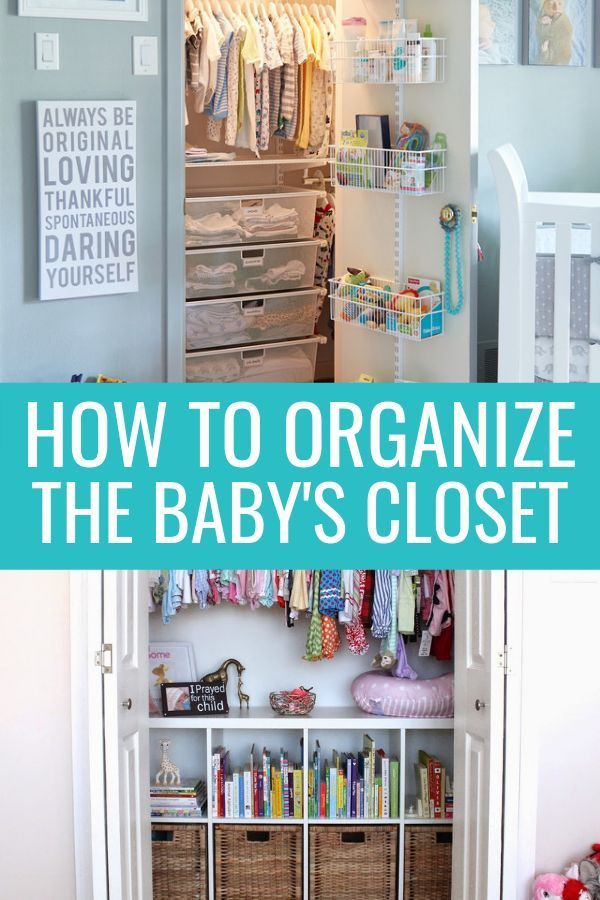 In fact, parents are ready to free Olya from all cases - if only she studies! But she doesn't want to study either. When he comes home from school, he either lies on the couch or hangs on the phone. Rolled into "triples" and "twos". Parents have no idea how she will move into the tenth grade. And they are afraid to even think about final exams! Mom works so that every other day at home. These days she thinks only about Olya's lessons. Dad calls from work: has Olya sat down to study? No, I didn’t sit down: “Here dad will come from work, I will teach with him.” Dad goes home and in the subway teaches history, chemistry from Olya's textbooks ... He comes home "fully armed." But it is not so easy to beg Olya to sit down to study. Finally, around ten o'clock Olya does a favor. He reads the problem - dad tries to explain it. But Olya doesn't like how he does it. "It's still incomprehensible." Olya's reproaches are replaced by the persuasion of the pope. After about ten minutes, everything ends altogether: Olya pushes away the textbooks, sometimes throws a tantrum.
In fact, parents are ready to free Olya from all cases - if only she studies! But she doesn't want to study either. When he comes home from school, he either lies on the couch or hangs on the phone. Rolled into "triples" and "twos". Parents have no idea how she will move into the tenth grade. And they are afraid to even think about final exams! Mom works so that every other day at home. These days she thinks only about Olya's lessons. Dad calls from work: has Olya sat down to study? No, I didn’t sit down: “Here dad will come from work, I will teach with him.” Dad goes home and in the subway teaches history, chemistry from Olya's textbooks ... He comes home "fully armed." But it is not so easy to beg Olya to sit down to study. Finally, around ten o'clock Olya does a favor. He reads the problem - dad tries to explain it. But Olya doesn't like how he does it. "It's still incomprehensible." Olya's reproaches are replaced by the persuasion of the pope. After about ten minutes, everything ends altogether: Olya pushes away the textbooks, sometimes throws a tantrum.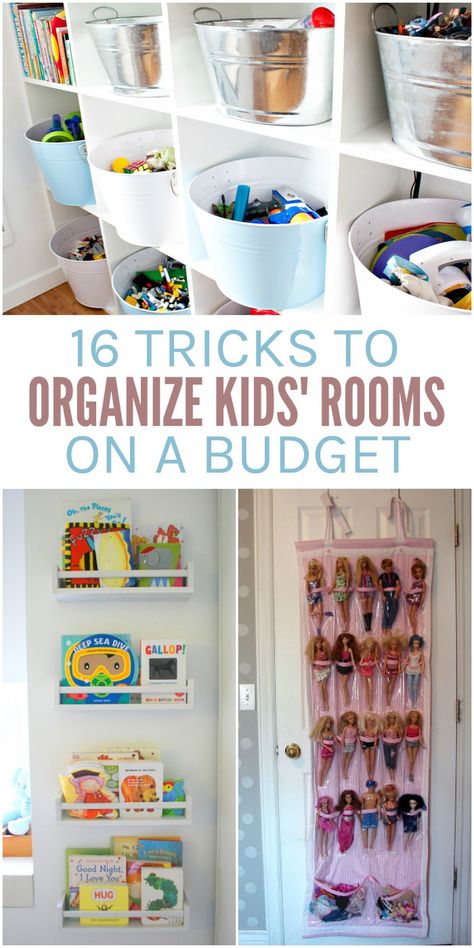 Parents are now considering whether to hire tutors for her. nine0005
Parents are now considering whether to hire tutors for her. nine0005
Olya's parents' mistake is not that they really want their daughter to study, but that they want it, so to speak, instead of Olya.
In such cases, I always remember a joke: People are running along the platform, in a hurry, they are late for the train. The train started moving. They barely catch up with the last car, jump on the bandwagon, they throw things after them, the train leaves. Those who remained on the platform, exhausted, fall on their suitcases and begin to laugh out loud. "What are you laughing at?" they ask. “So our mourners have left!” nine0005
Agree, parents who prepare lessons for their children, or “appear” with them to a university, English, mathematics, or music schools, are very similar to such unfortunate farewells. In their emotional outburst, they forget that it is not for them to go, but for a child. And then he most often "remains on the platform."
So it happened with Olya, whose fate was traced over the next three years.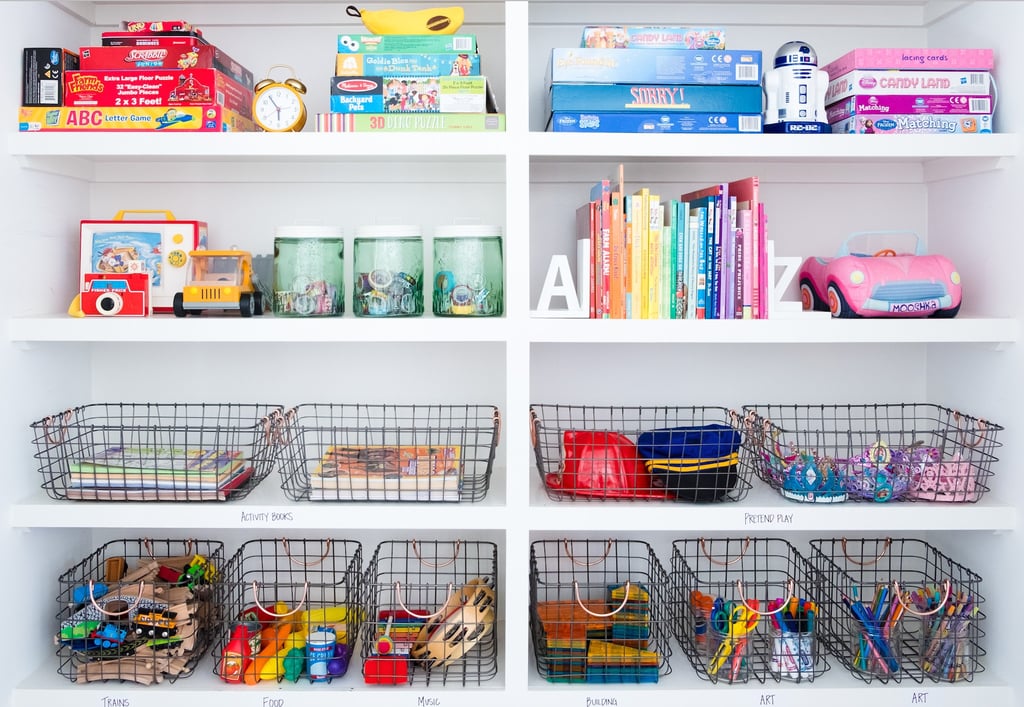 She barely graduated from high school and even entered an engineering university that was not interesting for her, but, without completing her first year, she quit studying. nine0005
She barely graduated from high school and even entered an engineering university that was not interesting for her, but, without completing her first year, she quit studying. nine0005
Parents who want too much for their child, as a rule, have a difficult life themselves. They have neither the strength nor the time for their own interests, for their personal lives. The severity of their parental duty is understandable: after all, they have to drag the boat all the time against the current!
What does this mean for children?
"For love" - "Or for money"0065 - study, read, help around the house, - some parents take the path of "bribery" . They agree to "pay" the child (with money, things, pleasures) if he does what they want him to do.
This path is very dangerous, not to mention the fact that it is not very effective. Usually the matter ends with the child's claims growing - he begins to demand more and more - and the promised changes in his behavior do not occur.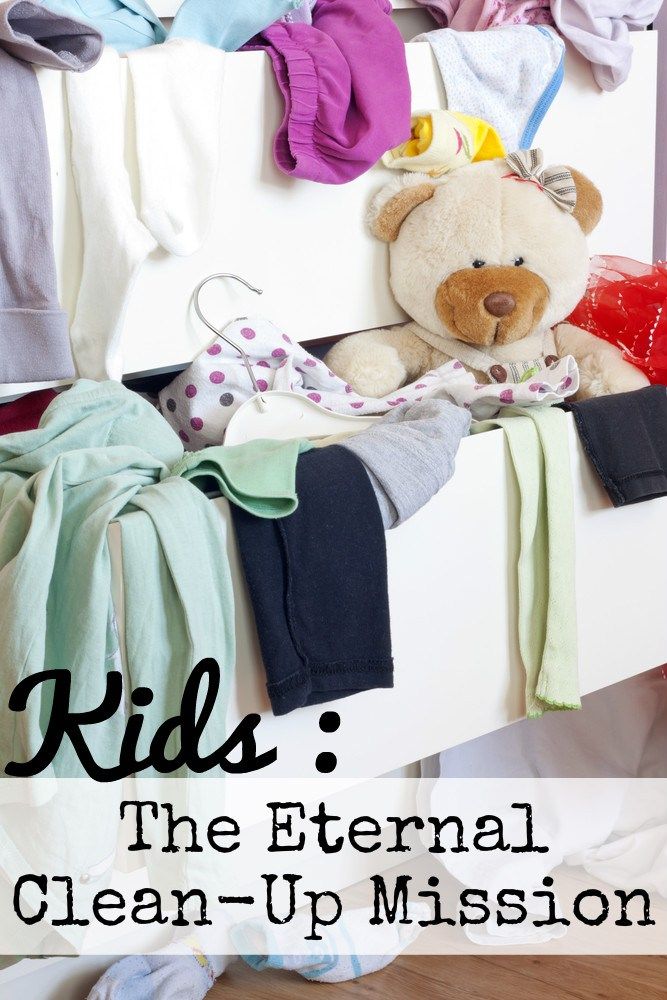
Why? To understand the reason, we need to get acquainted with a very subtle psychological mechanism, which has only recently become the subject of special research by psychologists. nine0005
In one experiment, a group of students were paid to play a puzzle game they were passionate about. Soon the students of this group began to play noticeably less frequently than those of their comrades who received no pay.
The mechanism that is here, as well as in many similar cases (everyday examples and scientific research) next : a person successfully and enthusiastically does what he chooses, from an inner impulse . If he knows that he will receive payment or reward for this, then his enthusiasm decreases, and all activity changes character: now he is busy not with “personal creativity”, but with “making money”. nine0005
Many scientists, writers, artists know how deadly for creativity, and at least alien to the creative process, work "on order" with the expectation of a reward.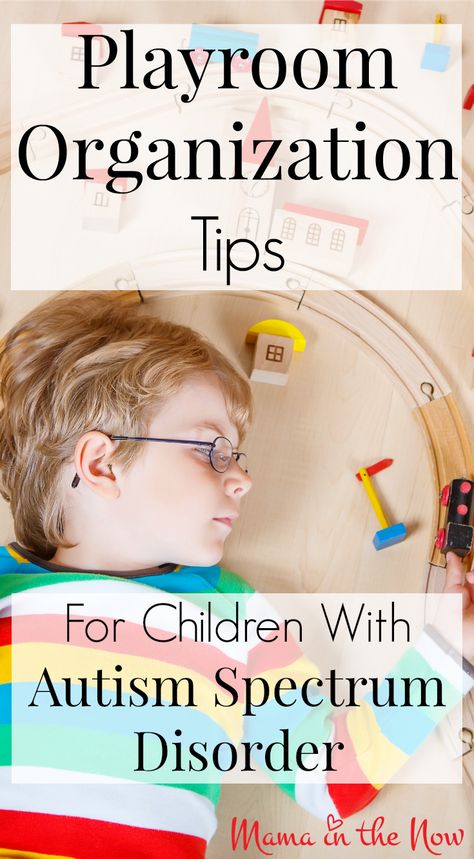 The strength of the individual and the genius of the authors were needed in order for Mozart's Requiem and Dostoevsky's novels to emerge under these conditions.
The strength of the individual and the genius of the authors were needed in order for Mozart's Requiem and Dostoevsky's novels to emerge under these conditions.
The topic raised leads to many serious reflections, and above all about schools with their obligatory portions of material that must be learned in order to then answer the mark. Doesn't such a system destroy the natural curiosity of children, their interest in learning new things? nine0065
However, let's stop here and end with just a reminder to all of us: let's be more careful with external urges, reinforcements, stimulations of children. They can do great harm by destroying the delicate fabric of children's own inner activity.
In front of me is a mother with a fourteen-year-old daughter. Mom is an energetic woman with a loud voice. The daughter is lethargic, indifferent, not interested in anything, does nothing, does not go anywhere, is not friends with anyone. True, she is quite obedient; on this line, my mother has no complaints about her. nine0005
nine0005
Left alone with the girl, I ask: “If you had a magic wand, what would you ask her for?” The girl thought for a long time, and then quietly and hesitantly answered: “So that I myself want what my parents want from me.”
The answer struck me deeply: how parents can deprive a child of the energy of his own desires!
But this is an extreme case. More often than not, children fight for the right to want and get what they need. And if the parents insist on the “right” things, then the child with the same persistence begins to do the “wrong” ones: it doesn’t matter what, as long as it’s his own or even “the other way around”. This happens especially often with teenagers. It turns out a paradox: by their efforts, parents involuntarily push their children away from serious studies and responsibility for their own affairs. nine0005
Petya's mother visits a psychologist. A familiar set of problems: the ninth grade does not “pull”, does not do homework, is not interested in books, and at any moment strives to slip away from home.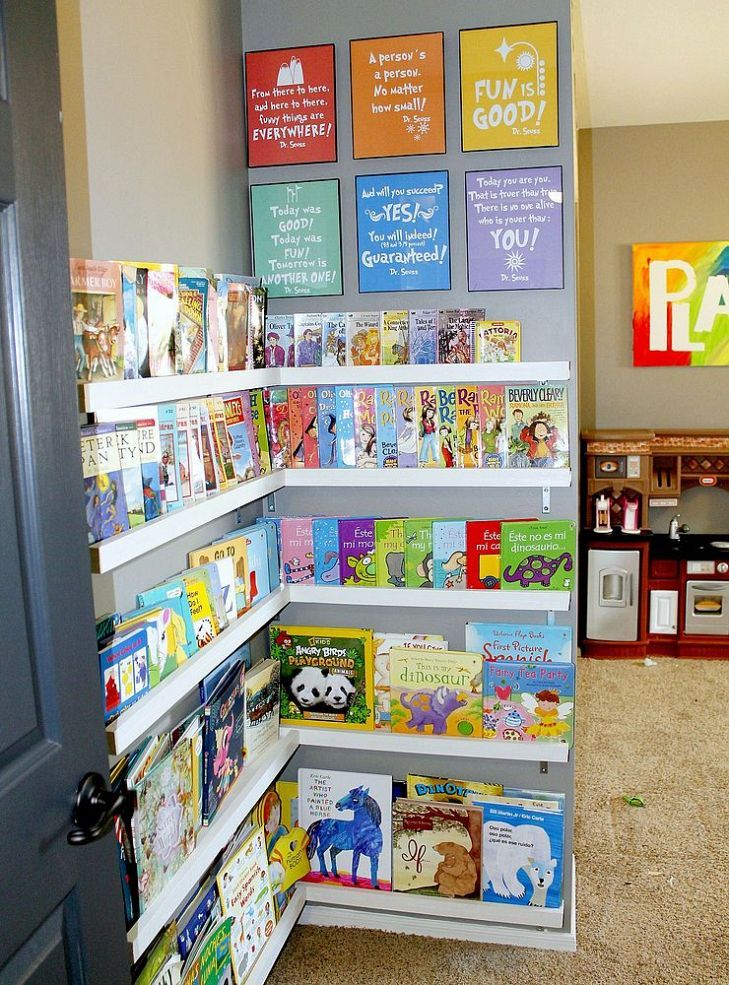 Mom lost her peace, she is very concerned about Petya's fate: what will happen to him? Who will grow out of it? Petya, on the other hand, is a ruddy, smiling "child", in a complacent mood. Thinks everything is fine. Trouble at school? Oh well, they'll sort it out somehow. In general, life is beautiful, only mom poisons existence.
Mom lost her peace, she is very concerned about Petya's fate: what will happen to him? Who will grow out of it? Petya, on the other hand, is a ruddy, smiling "child", in a complacent mood. Thinks everything is fine. Trouble at school? Oh well, they'll sort it out somehow. In general, life is beautiful, only mom poisons existence.
The combination of too much educational activity of parents and infantilism, that is, immaturity of children, is very typical and absolutely natural. Why? The mechanism here is simple, it is based on the operation of a psychological law:
The child's personality and abilities develop only in the activities that he engages in of his own free will and with interest.
“You can drag a horse into the water, but you can't make it drink,” says a wise proverb. You can force a child to memorize lessons mechanically, but such a “science” will settle in his head like a dead weight. Moreover, the more persistent the parent is, the more unloved, most likely, even the most interesting, useful and necessary school subject will turn out to be.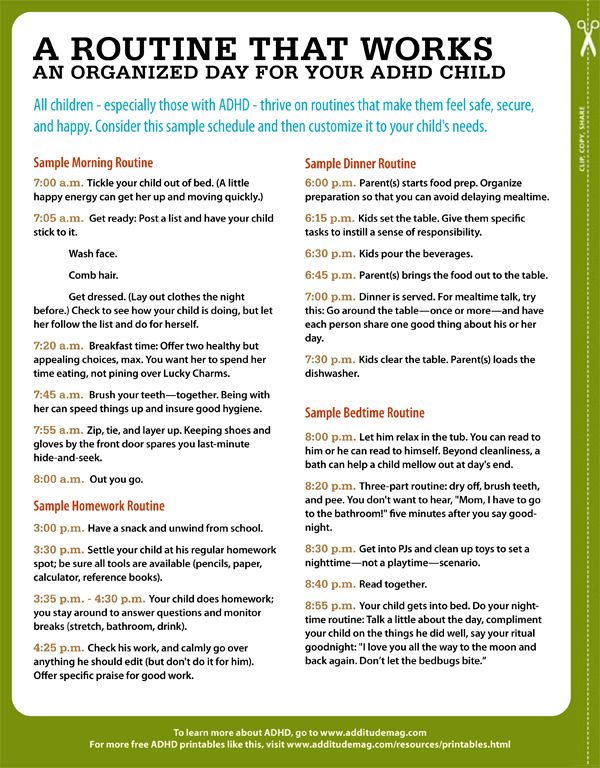 nine0005
nine0005
How to be? How to avoid situations and conflicts of compulsion?
First of all, you should take a closer look at what your child is most interested in. It can be playing with dolls, playing with cars, chatting with friends, collecting models, playing football, modern music... Some of these activities may seem empty to you, even harmful. However, remember: for him, they are important and interesting, and they should be treated with respect.
It's good if your child tells you what exactly in these matters is interesting and important for him, and you can look at them through his eyes, as if from inside his life, avoiding advice and evaluations. nine0064 It is very good if you can take part in these activities of the child, share this hobby with him. Children in such cases are very grateful to their parents. There will be another result of such participation: on the wave of your child’s interest, you will be able to begin to transfer to him what you consider useful: additional knowledge, and life experience, and your own view of things, and even interest in reading, especially if you start with books or notes about the subject of interest.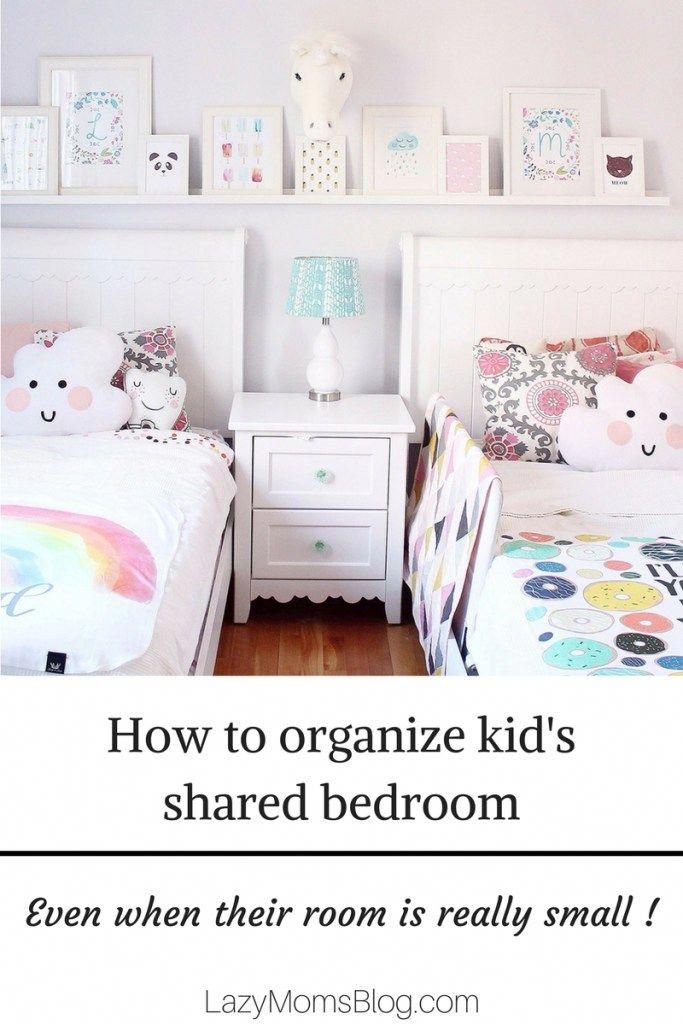
In this case, your boat will go with the flow. nine0065
Let me give you a story of one father as an example. At first, according to him, he was languishing from loud music in his son's room, but then he went to the "last resort": having collected a meager stock of knowledge of the English language, he suggested that his son parse and write down the words of foreign songs. The result was surprising: the music became quieter, and the son awakened a strong interest, almost a passion, for the English language. Subsequently, he graduated from the Institute of Foreign Languages and became a professional translator. nine0005
Such a successful strategy, sometimes intuitively found by parents, is reminiscent of grafting a branch of a varietal apple tree into a wild game. Wildlife is viable and frost-resistant, and a grafted branch begins to feed on its vitality, from which a wonderful tree grows. The cultivated seedling itself does not survive in the ground.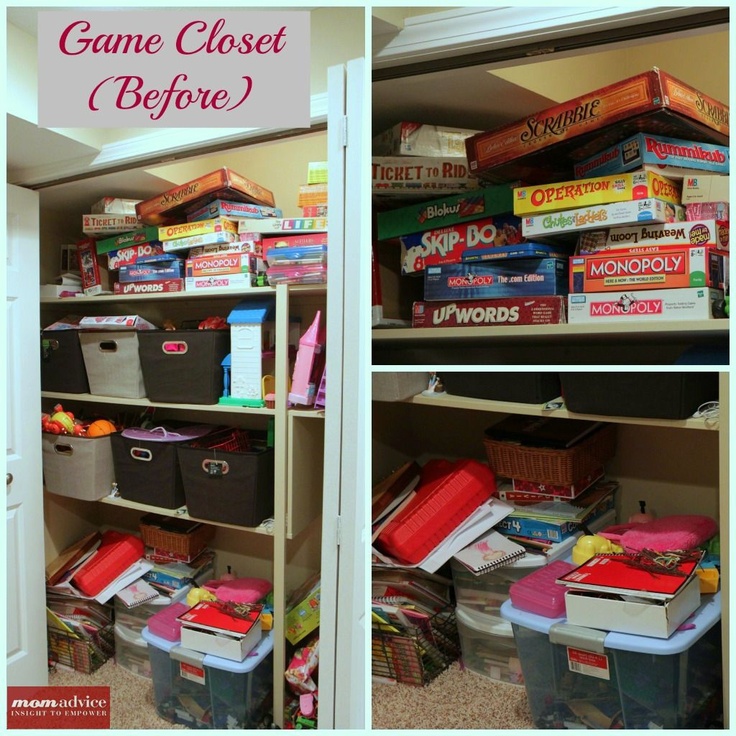
So it is with many activities that parents or teachers offer children, and even with demands and reproaches: they do not survive. At the same time, they are well "grafted" to existing hobbies. Although these hobbies are "primitive" at first, they have a vitality, and these forces are quite capable of supporting the growth and flowering of the "cultivar". nine0005
At this point, I foresee the parents' objection: you can't be guided by one interest; discipline is needed, there are responsibilities, including uninteresting ones! I can't help but agree. We will talk more about discipline and responsibilities later. And now let me remind you that we are discussing conflicts of coercion, that is, such cases when you have to insist and even demand that your son or daughter do what is “needed”, and this spoils the mood for both.
You have probably already noticed that in our lessons we offer not only what to do (or not to do) with children, but also what we, parents, should do with ourselves.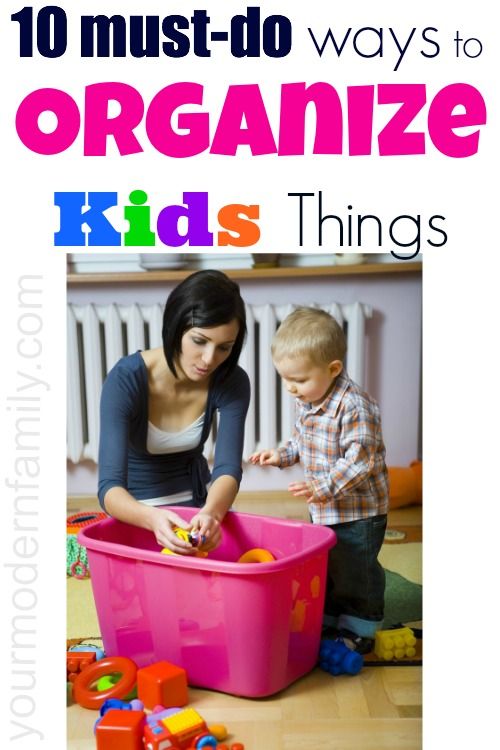 The next rule, which we will now discuss, is just about how to work with yourself. nine0005
The next rule, which we will now discuss, is just about how to work with yourself. nine0005
We have already talked about the need to “let go of the wheel” in time, that is, to stop doing for the child what he is already capable of doing for himself . However, this rule concerned the gradual transfer to the child of your share in practical affairs. Now we will talk about how to ensure that these things are done.
Key question: whose concern should it be? At first, of course, parents, but over time? Which of the parents does not dream that their child gets up to school on his own, sits down for lessons, dresses according to the weather, goes to bed on time, goes to a circle or training without reminders? However, in many families, the care of all these matters remains on the shoulders of the parents. Are you familiar with the situation when a mother regularly wakes up a teenager in the morning, and even fights with him about this? Are you familiar with the reproaches of a son or daughter: “Why don’t you…?!” (didn’t cook, didn’t sew, didn’t remind)? nine0005
If this happens in your family, pay particular attention to Rule 3.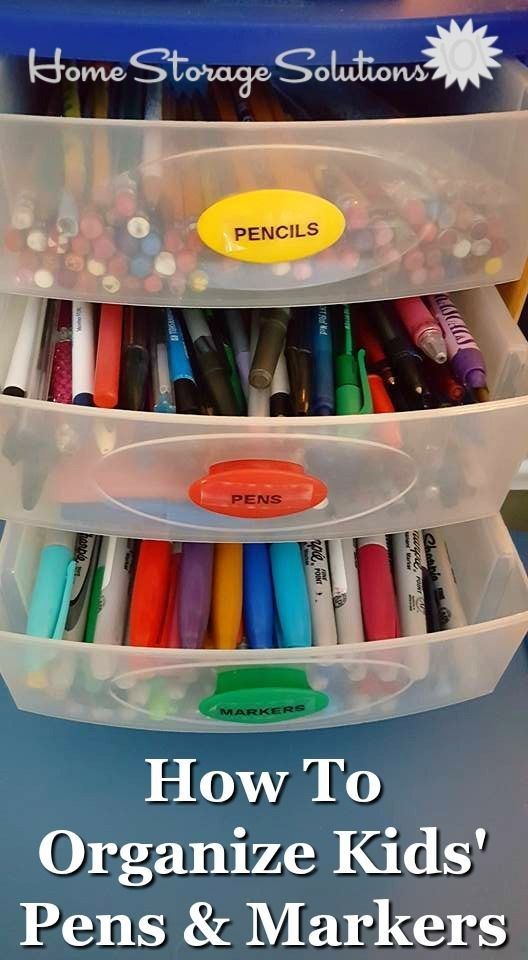
Rule 3
Gradually, but steadily, take responsibility for your child's personal affairs away from you.
Don't let the words "take care of yourself" scare you away. We are talking about the removal of petty care, protracted guardianship, which simply prevents your son or daughter from growing up. Giving them responsibility for their deeds, deeds, and then the future life is the greatest care that you can show towards them. nine0064 This is a wise concern. It makes the child stronger and more self-confident, and your relationship more calm and joyful.
In connection with this, I would like to share one memory from my own life.
It was a long time ago. I just graduated from high school and had my first child. Times were tough and jobs were low paying. Parents received, of course, more, because they worked all their lives.
Once, in a conversation with me, my father said: “I am ready to help you financially in emergency cases, but I don’t want to do it all the time: by doing this, I will only bring you harm.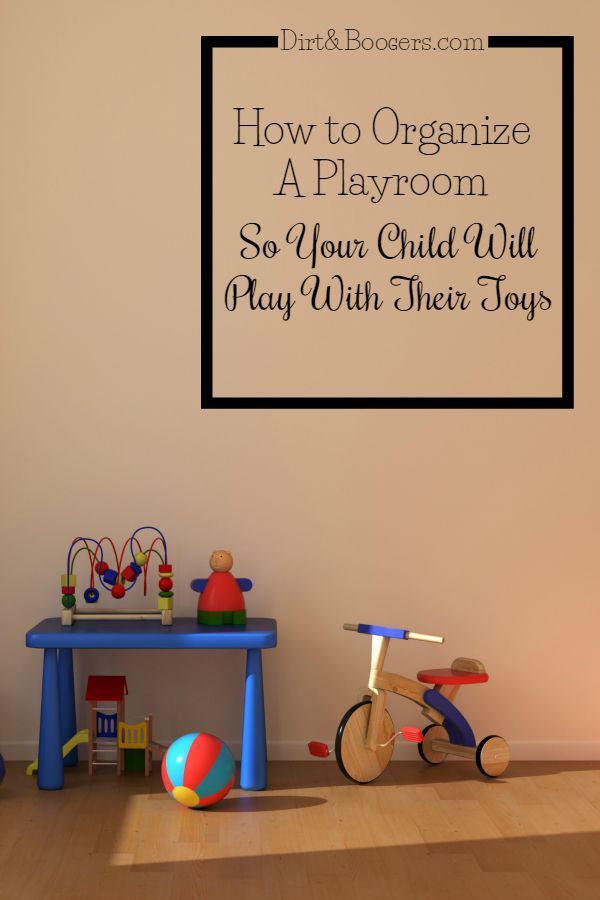 ” nine0005
” nine0005
I will remember these words of his for the rest of my life, as well as the feeling that I had then. It could be described like this: “Yes, that's fair. Thank you for taking such special care of me. I'll try to survive, and I think I'll manage."
Now, looking back, I understand that my father told me something more: "You are strong enough on your feet, now go on your own, you don't need me anymore." This faith of his, expressed in completely different words, helped me a lot later in many difficult life circumstances. nine0005
The process of transferring responsibility to a child for his affairs is very difficult. It has to start with little things. But even about these little things, parents are very worried. This is understandable: after all, you have to risk the temporary well-being of your child. Objections are something like this: “How can I not wake him up? After all, he will definitely oversleep, and then there will be big trouble at school? Or: “If I don’t force her to do her homework, she will pick up twos!”.
As paradoxical as it sounds, your child needs a negative experience, of course, if it does not threaten his life or health. (In lesson 9we will talk about this in more detail.)
This truth can be written as Rule 4.
Rule 4
Allow your child to face the negative consequences6 of his actions5 (900). Only then will he grow up and become "conscious".
Our Rule 4 says the same thing as the well-known proverb “learn from mistakes”. We have to muster up the courage to consciously allow children to make mistakes so that they learn to be independent. nine0005
Homework
Task one
See if you have a conflict with your child because of some things that, in your opinion, he can and should do himself. Choose one of them and spend some time with it together. See if he did better with you? If yes, move on to the next task.
Task two
Come up with some external means that could replace your participation in this or that child's business. It can be an alarm clock, a written rule or agreement, a table, or something else. Discuss and play with the child this aid. Make sure he is comfortable using it. nine0005
Task three
Take a sheet of paper, divide it in half with a vertical line. Above the left side, write: "Self", above the right - "Together." List in them those things that your child decides and does on his own, and those in which you usually participate. (It's good if you complete the table together and by mutual agreement.) Then see what can be moved from the "Together" column now or in the near future to the "Self" column. Remember, each such move is an important step towards growing up your child. Be sure to celebrate his success. In Box 4-3 you will find an example of such a table. nine0005
Question from parents
QUESTION: And if, despite all my suffering, nothing works out: he (she) still doesn’t want anything, doesn’t do anything, fights with us, and we don’t stand?
ANSWER: We will talk a lot more about difficult situations and your experiences.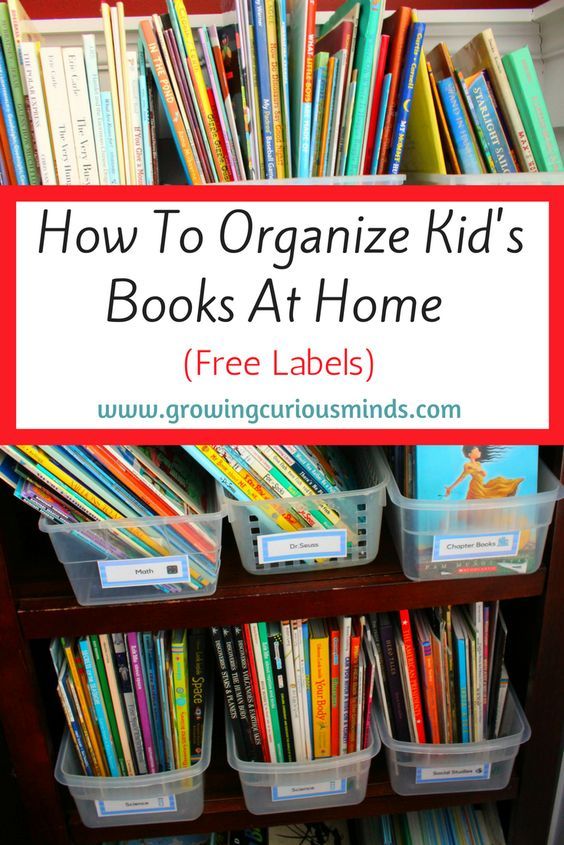 Here I want to say one thing: “Please be patient!” If you really try to remember the Rules and practice by completing our tasks, the result will surely come. But it may not become noticeable soon. Sometimes it takes days, weeks, and sometimes months, and even a year or two, before the seeds you have sown will sprout. Some seeds need to stay in the ground longer. If only you did not lose hope and continued to loosen the earth. Remember: the process of growth in seeds has already begun. nine0005
Here I want to say one thing: “Please be patient!” If you really try to remember the Rules and practice by completing our tasks, the result will surely come. But it may not become noticeable soon. Sometimes it takes days, weeks, and sometimes months, and even a year or two, before the seeds you have sown will sprout. Some seeds need to stay in the ground longer. If only you did not lose hope and continued to loosen the earth. Remember: the process of growth in seeds has already begun. nine0005
QUESTION: Is it always necessary to help a child with work? From my own experience I know how important it is sometimes that someone just sits next to you and listens.
ANSWER: You are absolutely right! Every person, especially a child, needs help not only in “deed”, but also in “word”, and even in silence. We will now move on to the art of listening and understanding.
An example of the “SELF-TOGETHER” table, which was compiled by a mother with her eleven-year-old daughter
Herself
1.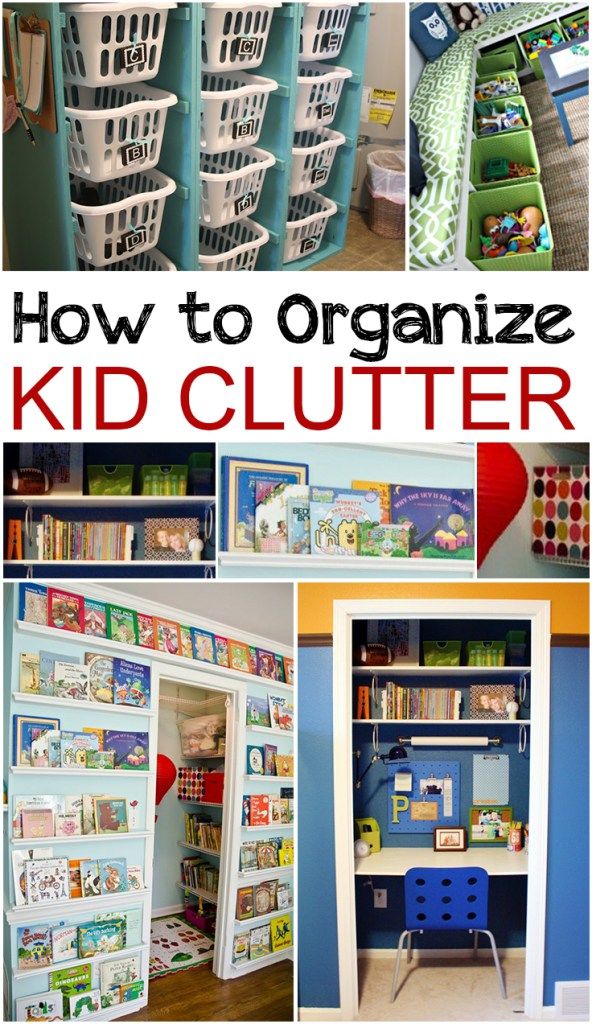 I get up and go to school.
I get up and go to school.
2. I decide when to sit down for lessons.
3. I cross the street and can translate my younger brother and sister; Mom allows, but dad doesn't.
4. Deciding when to bathe.
5. I choose who to be friends with.
6. I warm up and sometimes cook my own food, feed the younger ones.
Together with mother
1. Sometimes we do the math; mom explains.
2. Deciding when to invite friends over. nine0005
3. We share purchased toys or sweets.
4. Sometimes I ask my mother for advice on what to do.
5. We decide what we will do on Sunday.
Let me tell you one detail: the girl comes from a large family, and you can see that she is already quite independent. At the same time, it is clear that there are cases in which she still needs her mother's participation. Let's hope that items 1 and 4 on the right will soon move to the top of the table: they are already halfway there.